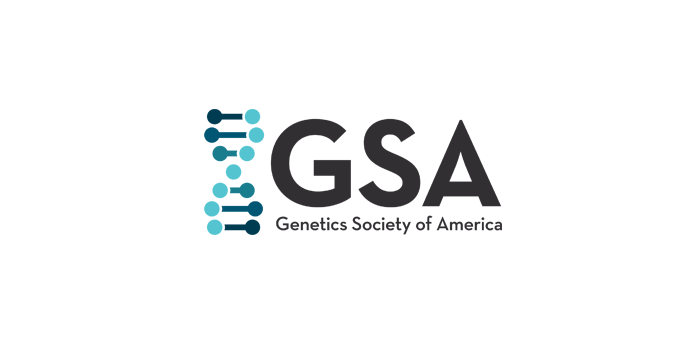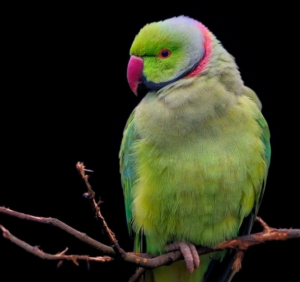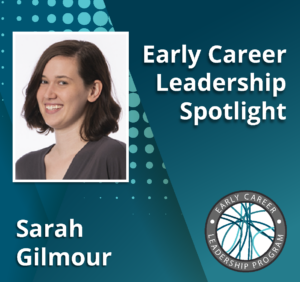The Awards Audit Task Force describes their findings and outlines the future of the GSA Awards.
As announced earlier this year, GSA’s Board of Directors launched an audit to review the five major awards conferred by the Society: the Edward Novitski Prize, the Elizabeth W. Jones Award for Excellence in Education, the Genetics Society of America Medal, the George W. Beadle Award, and the Thomas Hunt Morgan Medal.
The central goal of the audit was answering a key question: Do our current awards exemplify the GSA community’s core values? To answer this question, the audit assessed three essential components of the awards program: 1) the nomination process, 2) the review process, and 3) the eligibility and criteria used to confer each of the five awards. The Awards Audit Task Force discussed these components, looking for sources of bias, unintended barriers, and ways to diversify the nominees—and thus the award winners. The Task Force also met with focus groups to bring in a wider variety of opinions and points of view.
Based on the audit, the Task Force proposes the following changes to the GSA Awards process:
Nomination Process:
Previously, two letters of support were required: an initial nomination letter, including a description of the nominee’s merit for the particular award and a letter of support from a secondary nominator. The letter of support could be co-signed by as many individuals as were willing. Nominees were then approached to provide an up-to-date CV.
The audit identified a number of potential barriers and sources of bias within the existing nomination process. We have revamped the process in the following ways:
First, the Task Force recommends moving to a single nomination letter with a supporting questionnaire specific to the particular award. This questionnaire will help standardize the information collected on each nominee; nominees will help their nominators complete the questionnaire. The nominee will be contacted to provide an NIH-style biosketch (no more than five pages) and a brief lived experience statement. This statement allows nominees to volunteer information about their career paths, including potential barriers that they have faced and/or overcome, without requiring disclosure; it also lets nominees present their research/mentoring/teaching/DEI philosophies for consideration in addition to their biosketch. We invite self-nominations; self-nominators should reach out to a colleague to co-sign their nomination.
Second, GSA will create a GSA Awards Nomination Committee comprising members from the community representing the richness and diversity of the society. This subcommittee will proactively invite nominations from various departments, schools, model organism boards, and other relevant groups. The goal is to broaden the pool of nominees from a wide variety of backgrounds.
Finally, as part of GSA’s efforts to improve equity and inclusion, we will collect nominee demographic data on a volunteer basis to help us gauge our progress. We strongly encourage nominees to answer demographic questions; their answers will not affect the committee’s decision-making process and will be kept confidential.
After five years, this new nomination process will be reviewed by the Board to assess the degree of success.
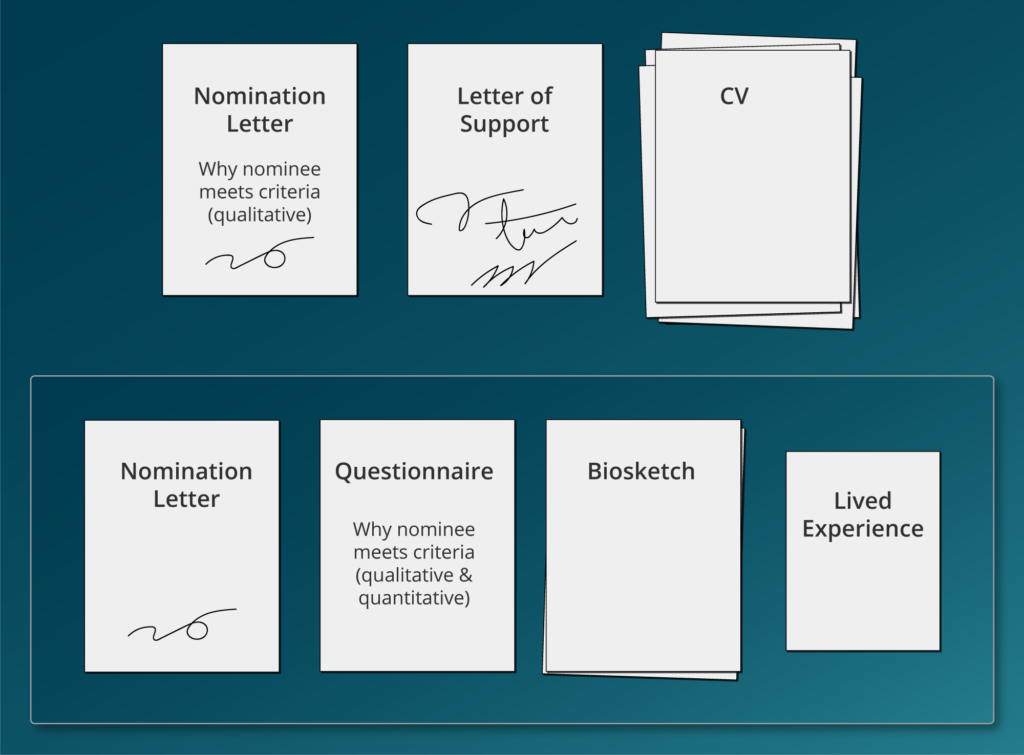
Click to view larger in a new tab.
Review Process:
The GSA Awards Committee oversees the review process. Members of the Awards Committee are appointed to a three-year term by the GSA President and Board of Directors. The committee reviews all nomination materials and identifies three candidates for each award. The three candidates from each award are submitted to the Board of Directors for consideration, and the Board votes to select the awardee.
The audit found that the review process did not need significant changes.
Award Descriptions and Criteria:
The five GSA awards were previously defined as follows:
- The Thomas Hunt Morgan Medal recognizes lifetime achievement in the field of genetics. It recognizes the full body of work of an exceptional geneticist. Recipients of the Medal will have made substantial contributions to genetics throughout a full career.
- The Genetics Society of America Medal recognizes outstanding contributions to the field of genetics in the last 15 years. The award honors those in our community who exemplify the GSA membership through highly meaningful contributions to modern genetics.
- The Elizabeth W. Jones Award for Excellence in Education recognizes significant and sustained impact on genetics education. Recipients promote a deeper understanding of genetics through their work at any educational level, from K-12 to graduate school and beyond.
- Named in honor of Drosophila geneticist Edward Novitski, the Edward Novitski Prize recognizes an extraordinary level of creativity and intellectual ingenuity in solving significant problems in genetics research. It honors solid, significant, scientific experimental work—either as a single experimental accomplishment, or as a body of work.
- The George Beadle Award is granted in honor of George W. Beadle, GSA’s 1946 president and recipient of the 1958 Nobel Prize in Physiology or Medicine. Recipients are recognized for service to the field of genetics that reaches beyond an exemplary research career.
The audit revealed a measure of confusion about the potential overlap in criteria for some awards. Specifically, the Task Force noted that the Thomas Hunt Morgan Medal and the Genetics Society of America Medal were often both used as lifetime achievement awards. The Beadle Award and Novitski Prize were both used to recognize contributions via community-resource/reagent creation. Additionally, the lack of recognition for early- and mid-career scientists was obvious.
To best address these deficits, the criteria for each award will be refined as follows to best reflect GSA’s ethos and the goal of each award. Notably, the GSA Medal will now be explicitly defined as a mid-career award, and a new Early Career Medal will be added to the slate.
- The Morgan Medal will remain a lifetime recognition of an individual based on their contributions to the field of genetics, which include mentoring, community service and research portfolio.
- The GSA Medal will now be awarded at mid-career to an individual with seven to 15 years of experience in their independent research career at the time of nomination. The awardee will be recognized for their research excellence, mentoring, community engagement, and other related activities.
- A new GSA Early Career Medal will be awarded to an early-career individual within the first seven years of their independent research career at the time of nomination. The awardee will be recognized for their research excellence, mentoring, community engagement, and other related activities.
- The Novitski Prize will recognize creativity at all career stages, including graduate students, postdoctoral fellows, and faculty. The nomination must clearly state the creative effort being recognized, and up to two individuals may jointly receive the prize.
- The Jones Award will continue to recognize the contribution to education from K-12 onwards. Individuals and teams can be nominated.
- The Beadle Award recognizes an individual’s service to the community. Beadle nominees should have clear and demonstrable community engagement, service, and leadership beyond research endeavors. GSA will particularly invite nominations of individuals who have worked to make the community more inclusive and diverse. Individuals and teams can be nominated.
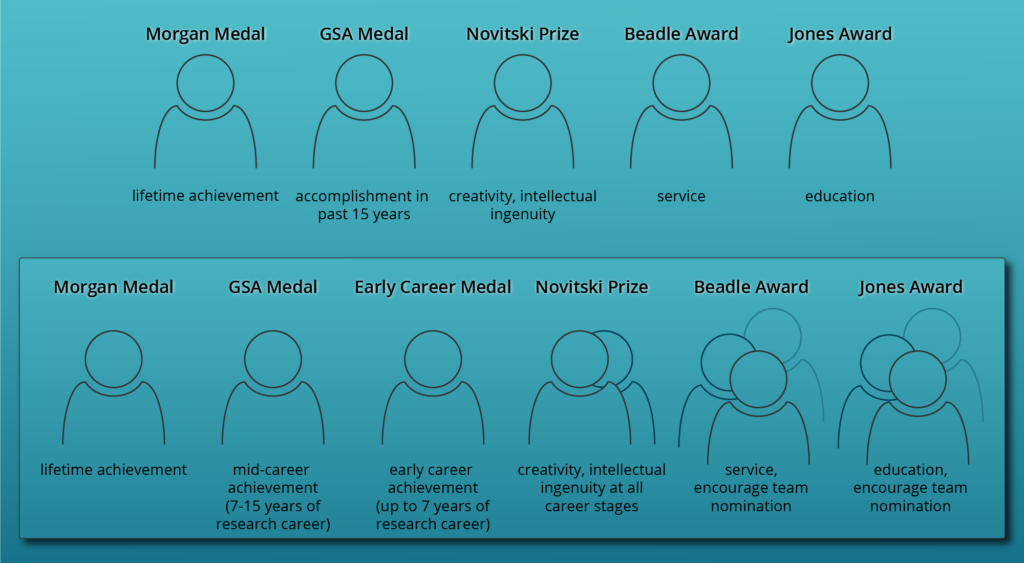
Click to view larger in a new tab.
Timeline:
To give us time to enact these changes and ensure process updates, the Task Force recommended extending the awards cycle timeline. The Board of Directors discussed this recommendation and agreed that GSA will not announce any awards for 2022. Instead, applications will be solicited early in 2023 to be awarded in summer of the same year.


